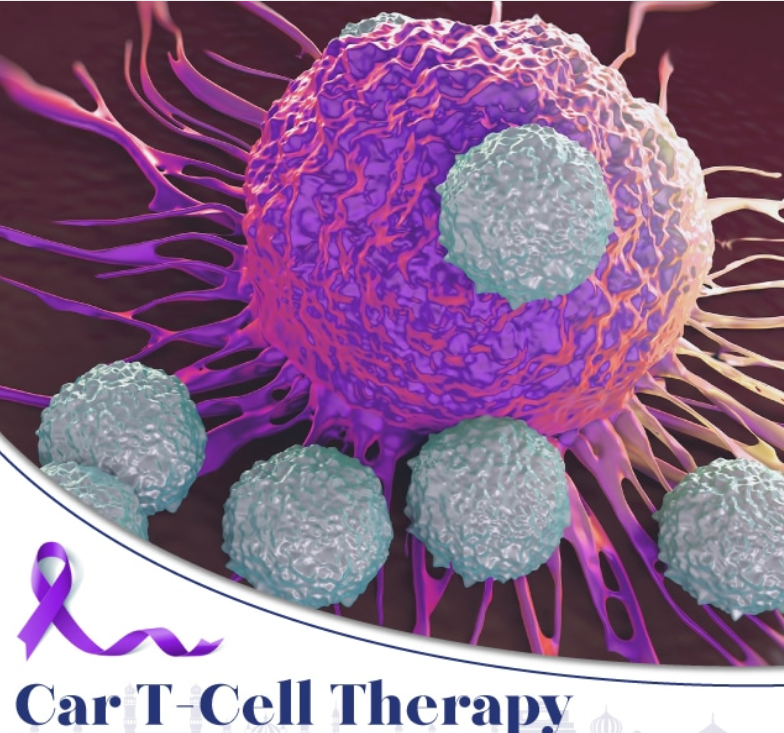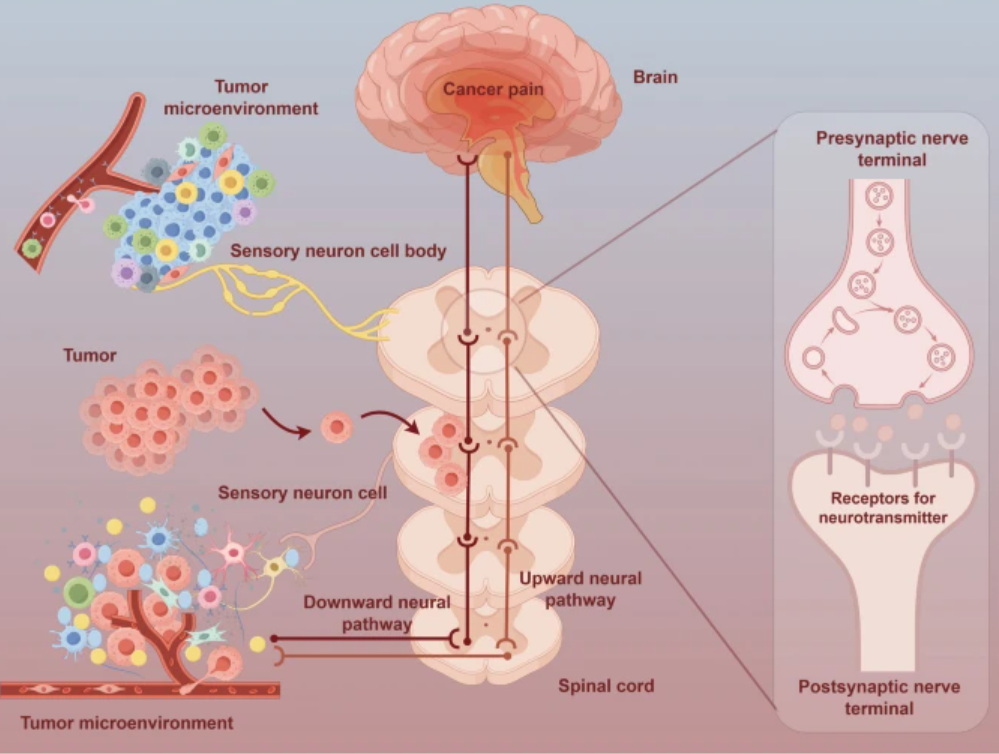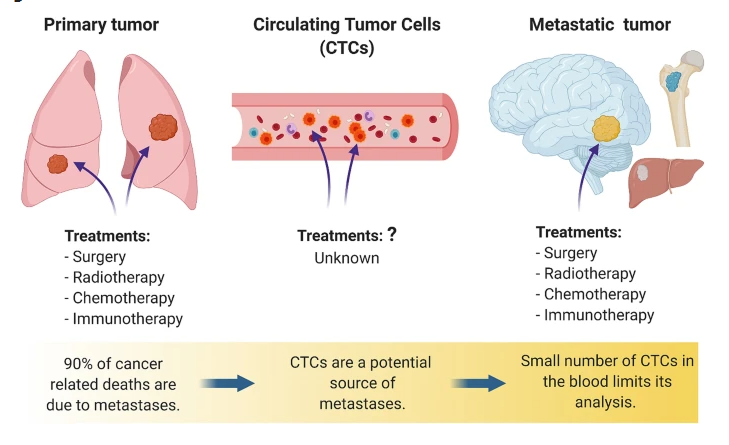Cancer cells consume glucose
Category : Colorectal Cancer | Sub Category : Colorectal Cancer Posted on 2025-06-30 20:47:09

Cancer cells consume glucose — the end product of carbohydrate metabolism — at a much faster rate than normal cells, which is why they often appear brightly on PET scans. Interestingly, one of the body’s responses to cancer is a loss of appetite. This raises a profound question: is appetite loss a biological defense mechanism attempting to slow tumor growth, or simply a merciful path to death, sparing the individual from the full range of painful and debilitating symptoms that cancer can bring?
Regardless of the cause, cancer tends to win the competition for nutritional resources. While healthy cells are starved, tumors continue to thrive. This imbalance is visible in signs like temporal wasting — the hollowing of the temples — a reliable marker of rapid weight loss. It reflects the body breaking down its own muscle tissue to produce glucose, which the tumor eagerly consumes.
Paradoxically, reducing carbohydrate intake does not effectively starve the cancer. Instead, it deprives the rest of the body of essential energy, worsening overall health while the tumor adapts and continues to grow.
Leave a Comment:
SEARCH
Categories
Recent News
- Cancer Pain Medications
- Gastric Cancer (Stomach Cancer)
- New Discovery Links Mitochondrial DNA to Immunotherapy Success in Cancer Treatment
- John’s Journey: Healing Through Lifestyle and Natural Remedies
- The truth about finding a cure for cancer
- Federal Government Commissions Three Oncology Centres to Strengthen Cancer Care in Nigeria
- Nigeria Advances National Cancer Control Efforts
- Nigeria’s Biggest Cancer Awareness Walk by Mukhtasar M. Alkali
READ MORE
2 months ago Category : Tell us your Story

Cancer Pain Medications
Read More →2 months ago Category : Gastric Cancer

Gastric Cancer (Stomach Cancer)
Read More →3 months ago Category : Colorectal Cancer

New Discovery Links Mitochondrial DNA to Immunotherapy Success in Cancer Treatment
Read More →3 months ago Category : Tell us your Story
